Home
The Project
Paving the way for Fishing tourism
Greece
Areas throughout Greece
Marine
Routes
Professionals
Fishermen
Culinary
Suggestions
The project
The joint action of 18 Fisheries Local Action Groups is changing attitudes among Greek fishermen as meetings, training actions and field study visits prepare them to start new activities and make their profession known to the wider public.
In 2015, the Greek government established rules for the implementation of fishing tourism in order to support fishermen to put their vessels to new uses, diversifying their income while reducing the amount of catch. This was expected to provide a solution to many small-scale fishermen seeking to maintain an economically viable business. Until then, a survival solution was often to join European funds to “break up their ship”. The dismantling contributed to the reduction of the national fleet’s ability to fish, but also eliminated the rich cultural heritage these traditional wooden boats represent.
However, institutionalization for tourism was not enough. A lack of information, skills and motivation meant that few fishermen seized this opportunity. Fishing tourism was still little known to visitors to an area and for the fishermen starting this new activity, it meant a sharp diversification of everyday life. As a common challenge across Greece, 18 Fisheries Local Action Groups met to design a joint project to develop fishing tourism as a new sustainable tourism activity. To this end, fishermen had to be convinced and supported to start such activities; and the market for Fishing Tourism had to be developed.
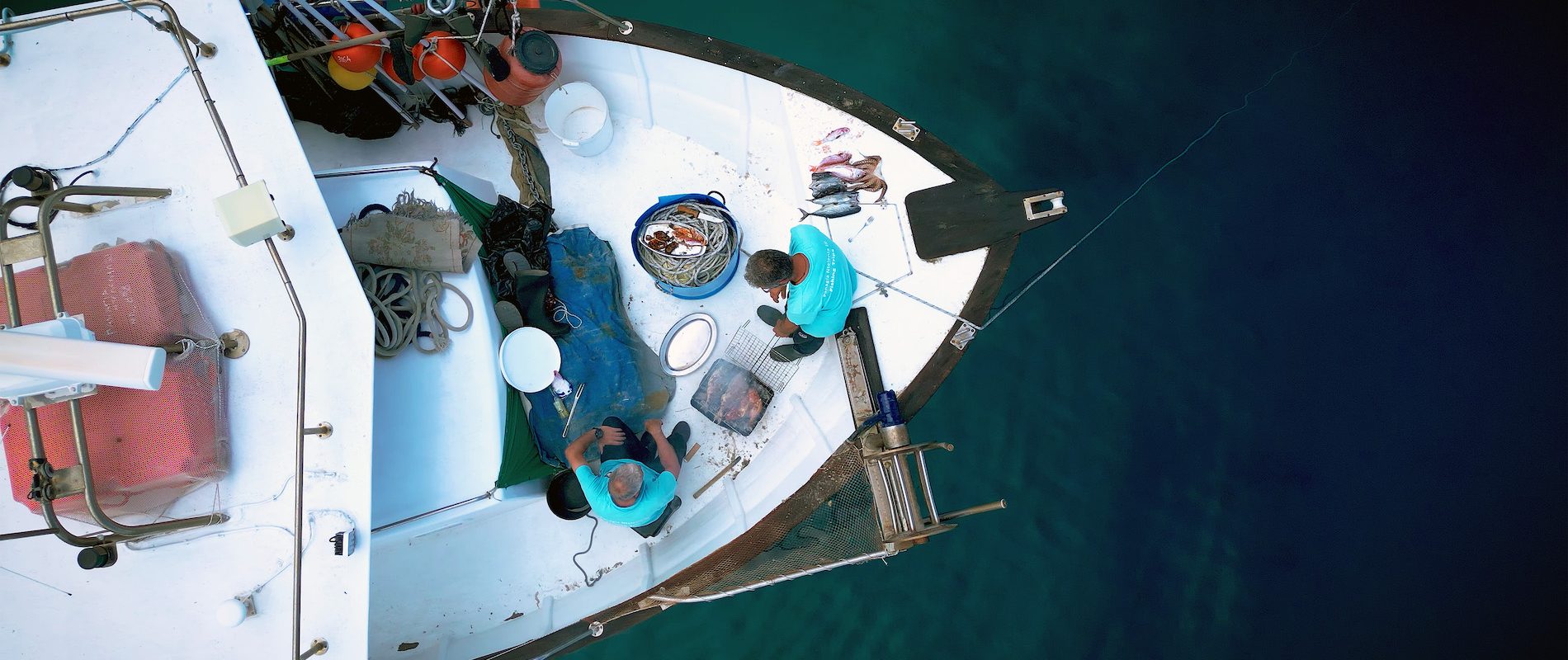
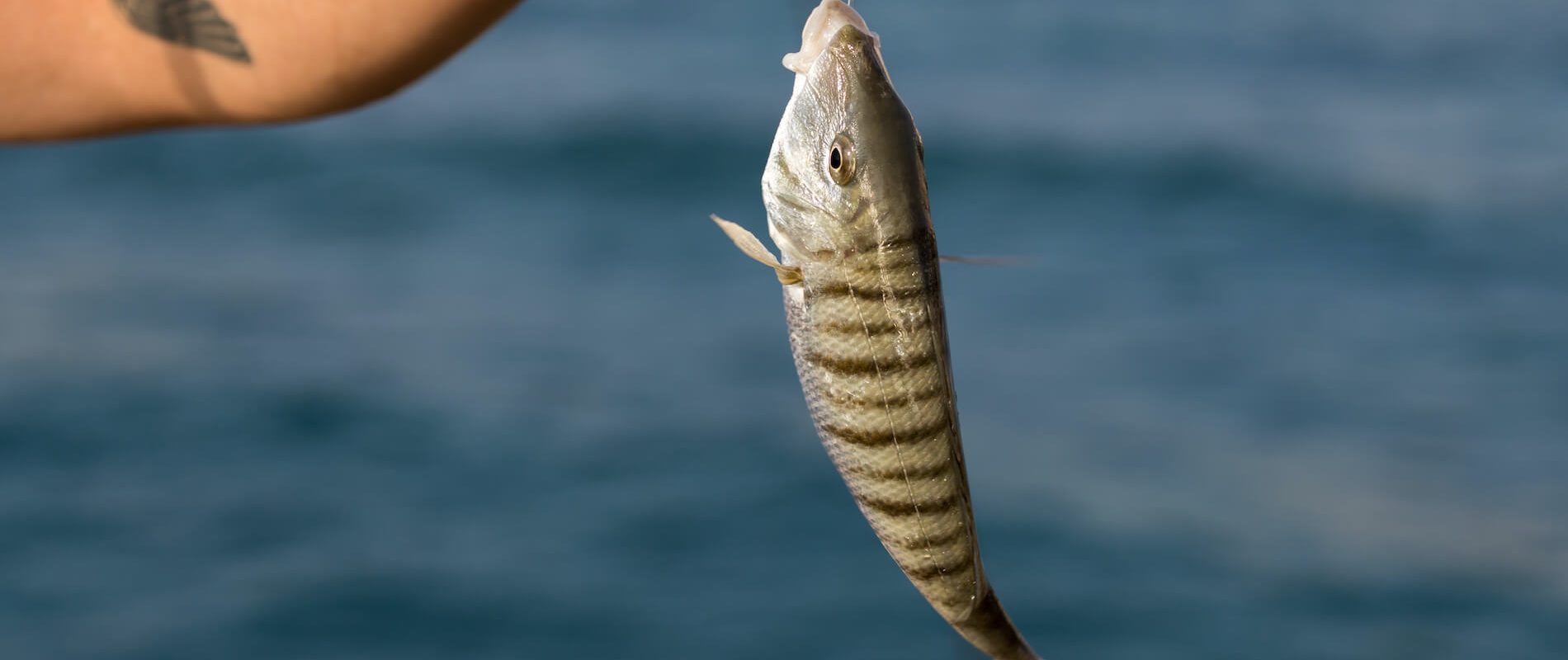
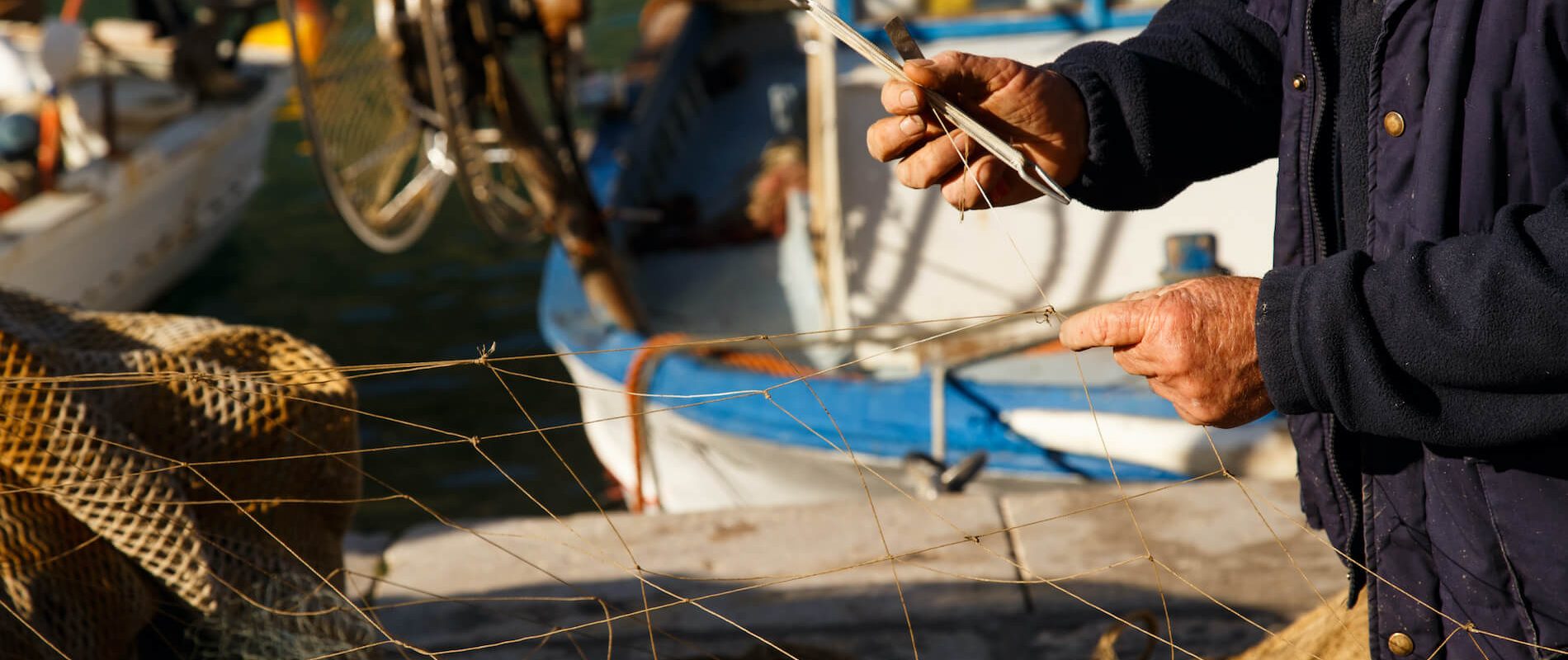
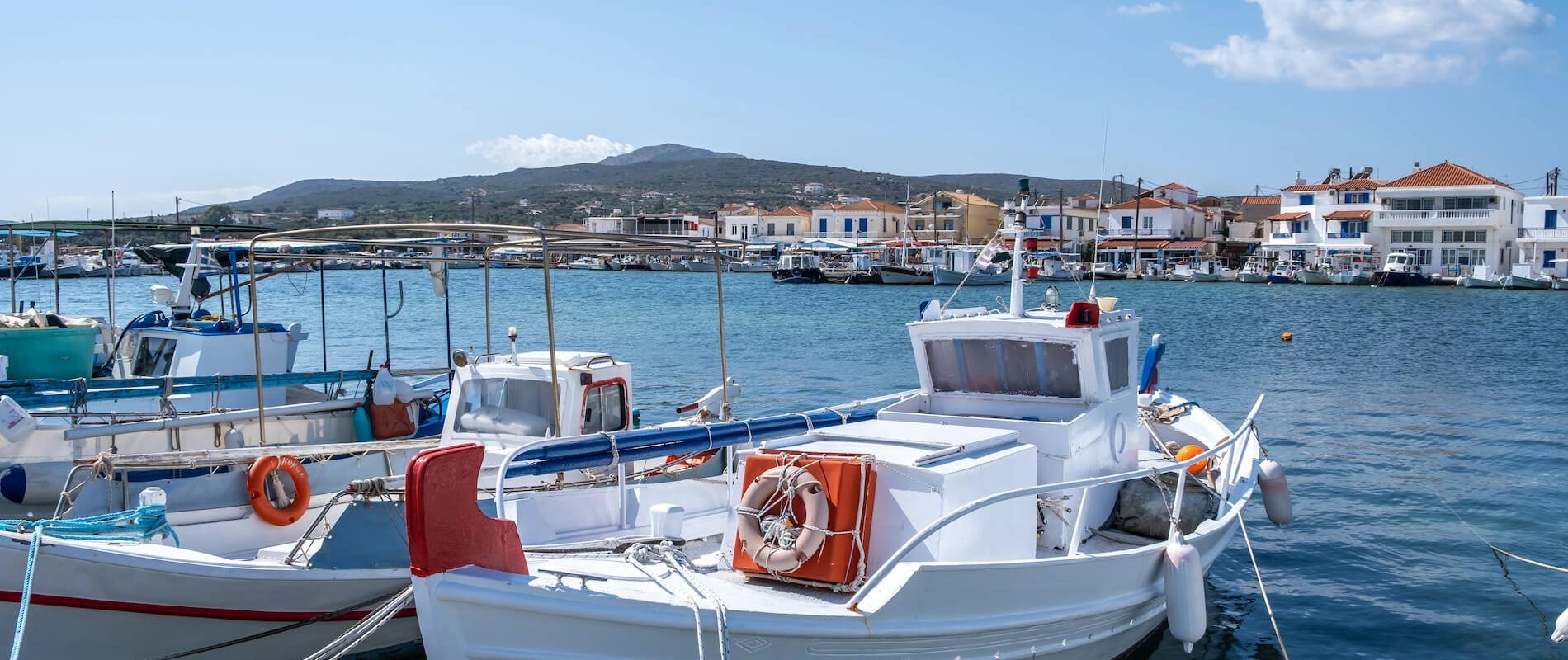
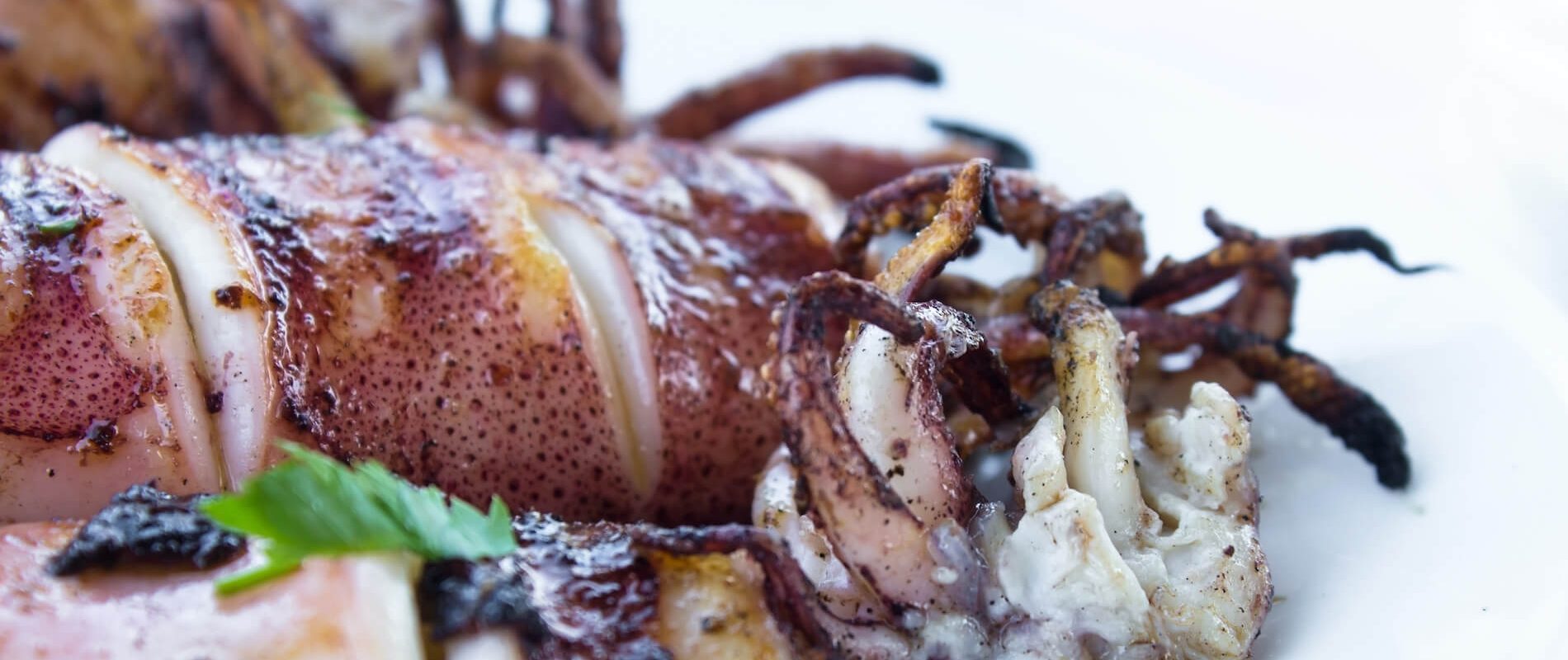
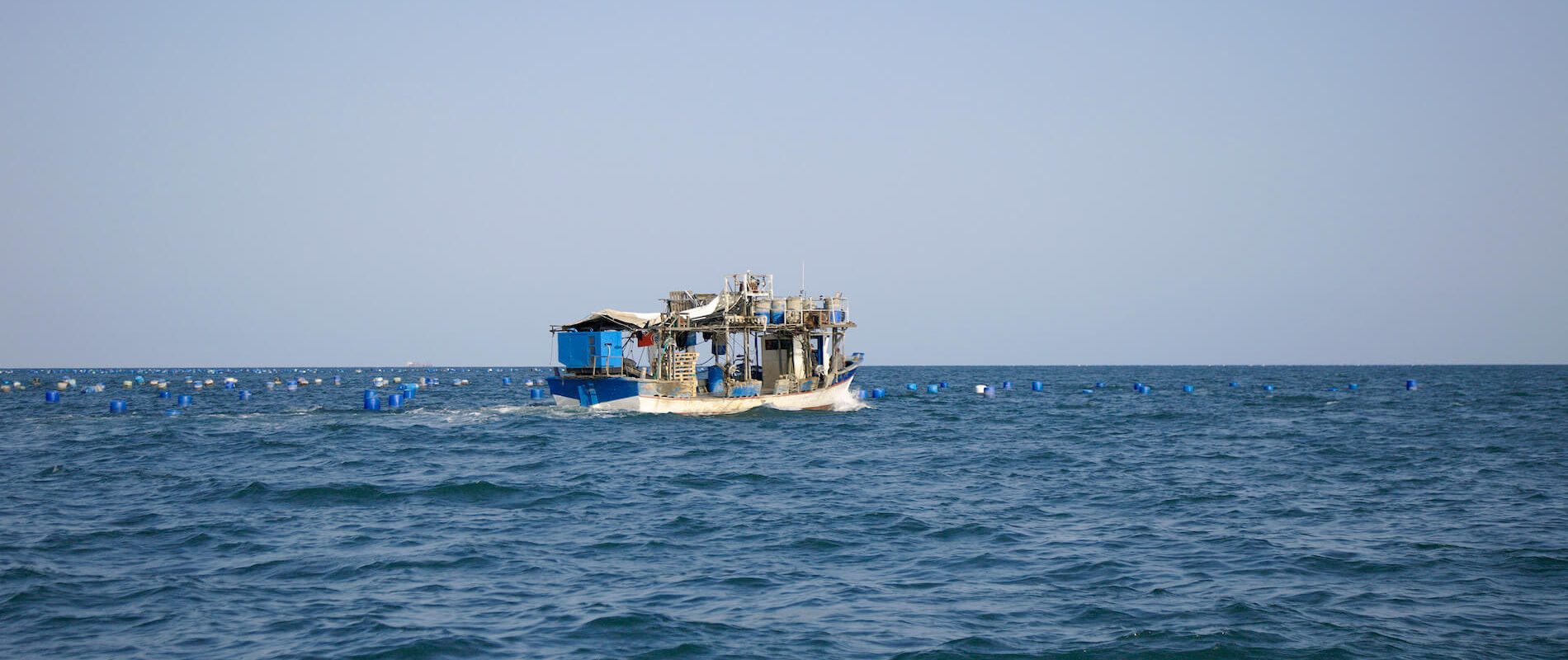
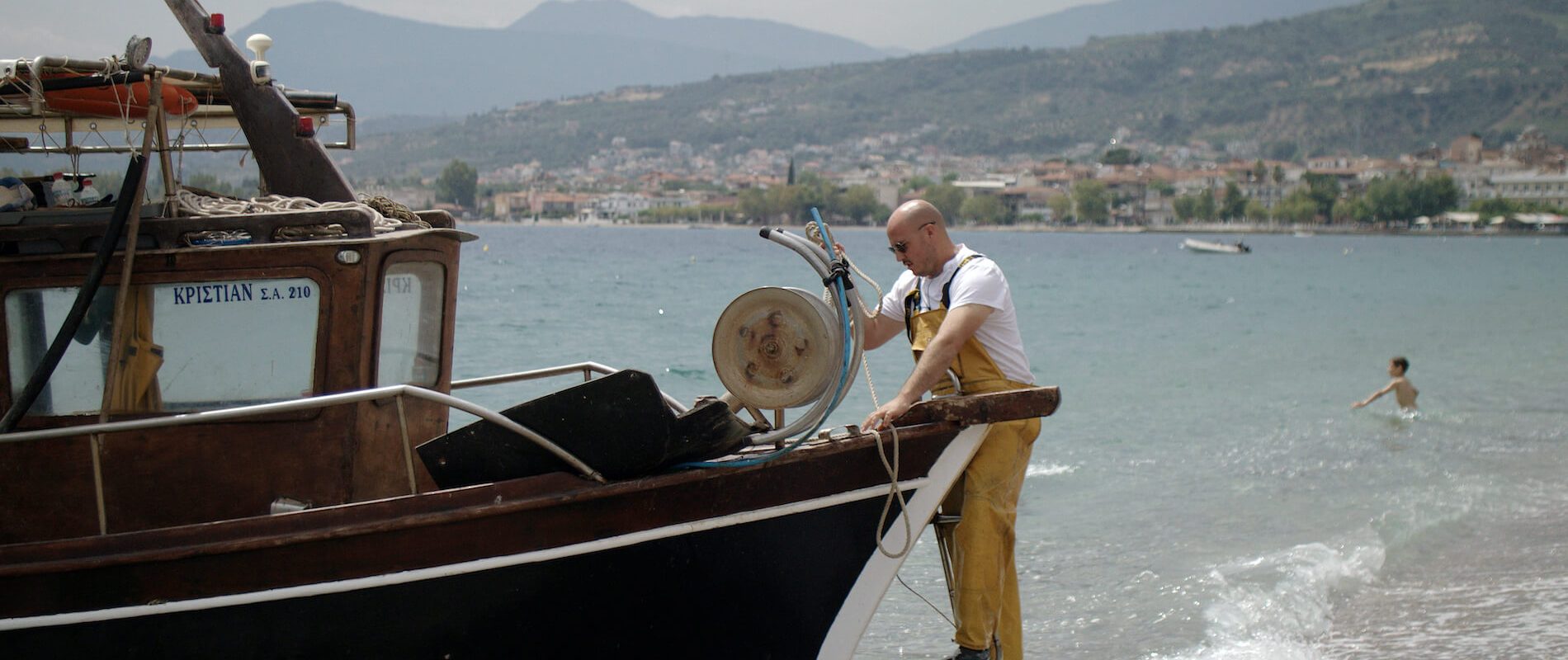
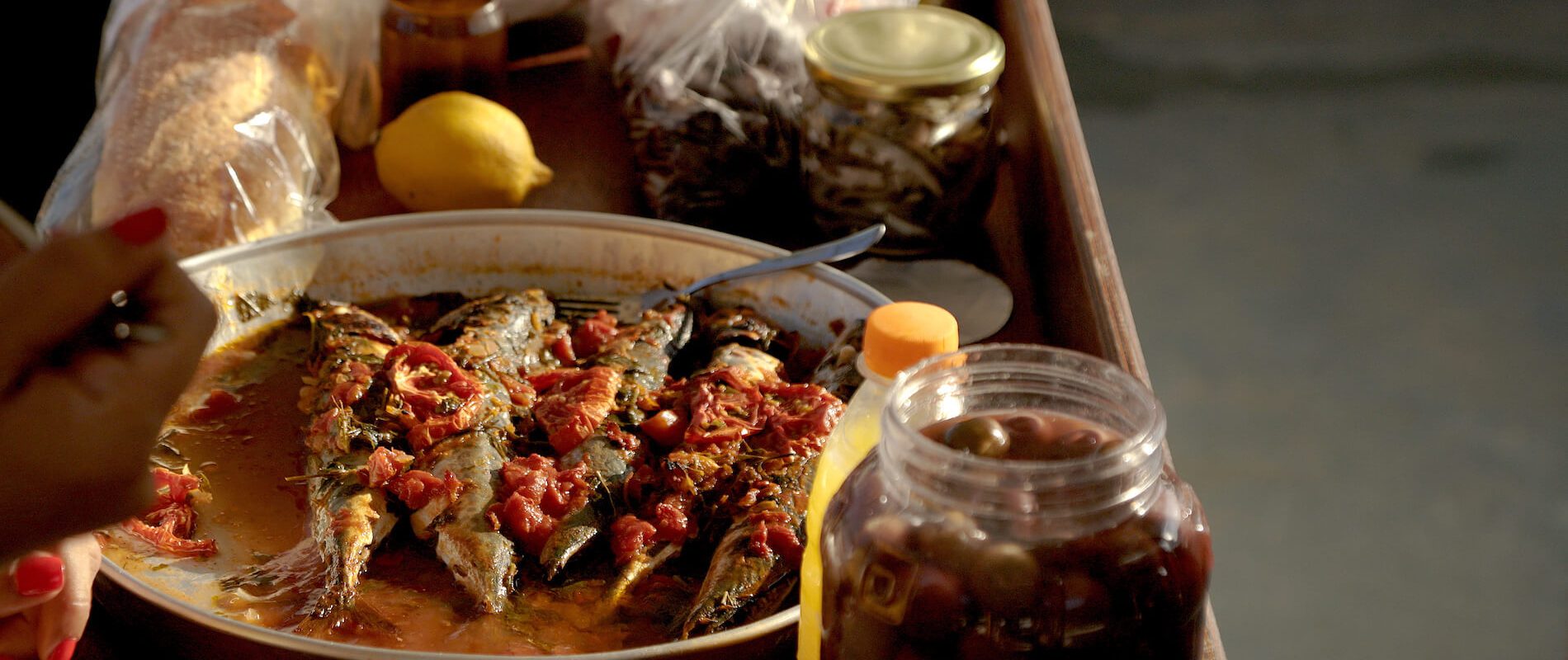
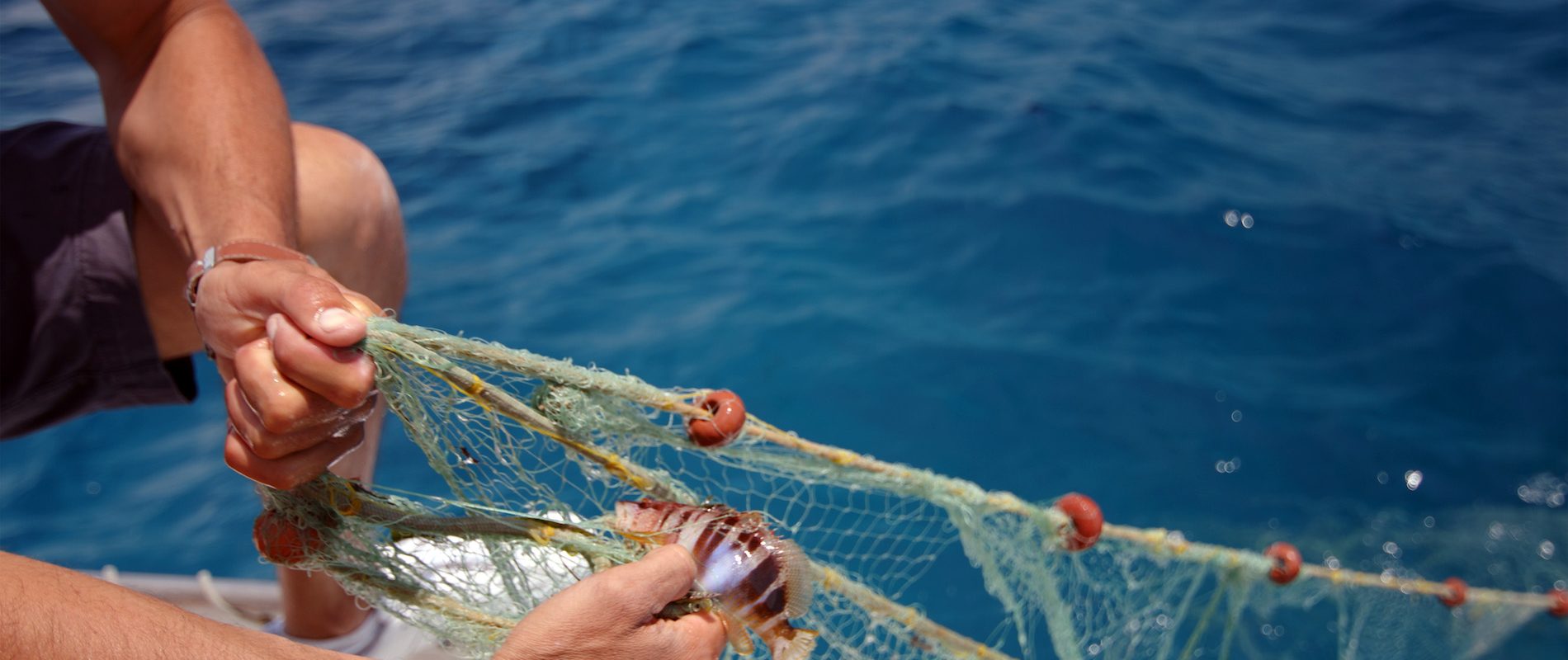
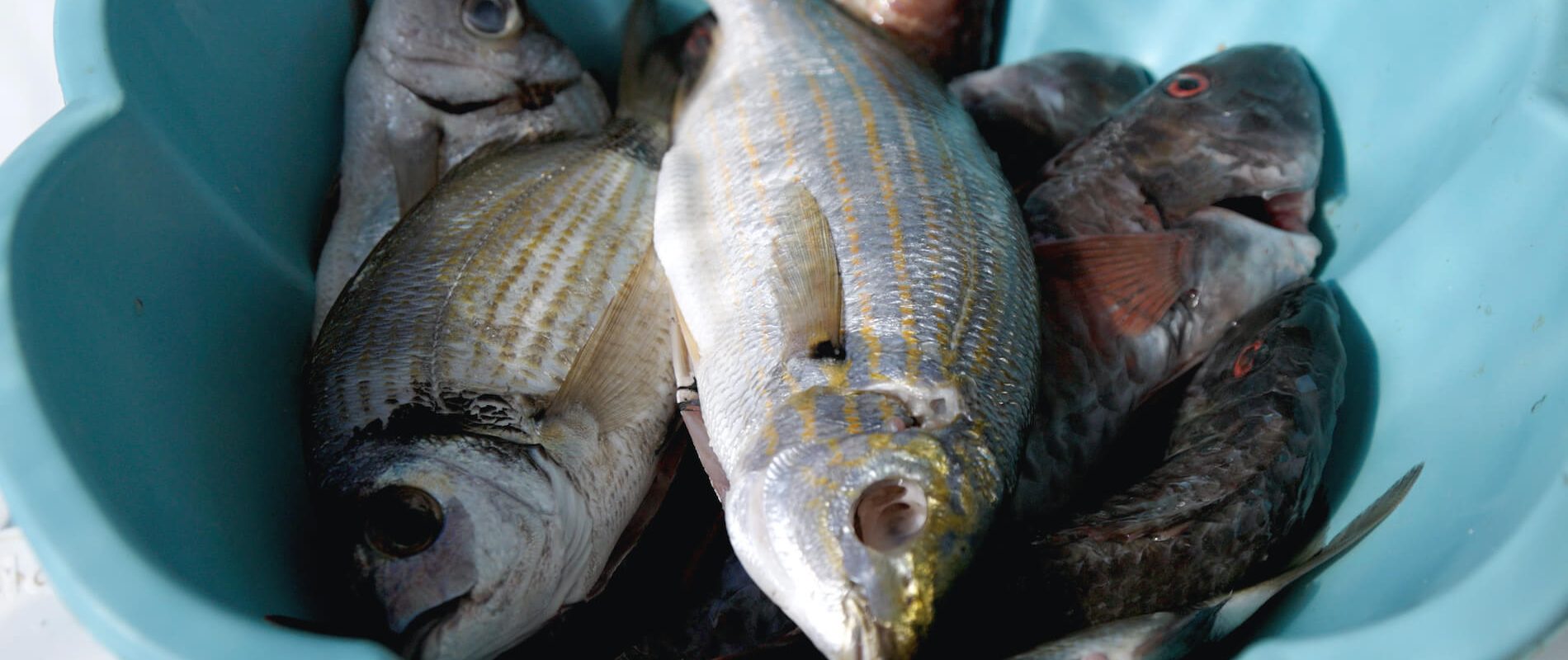
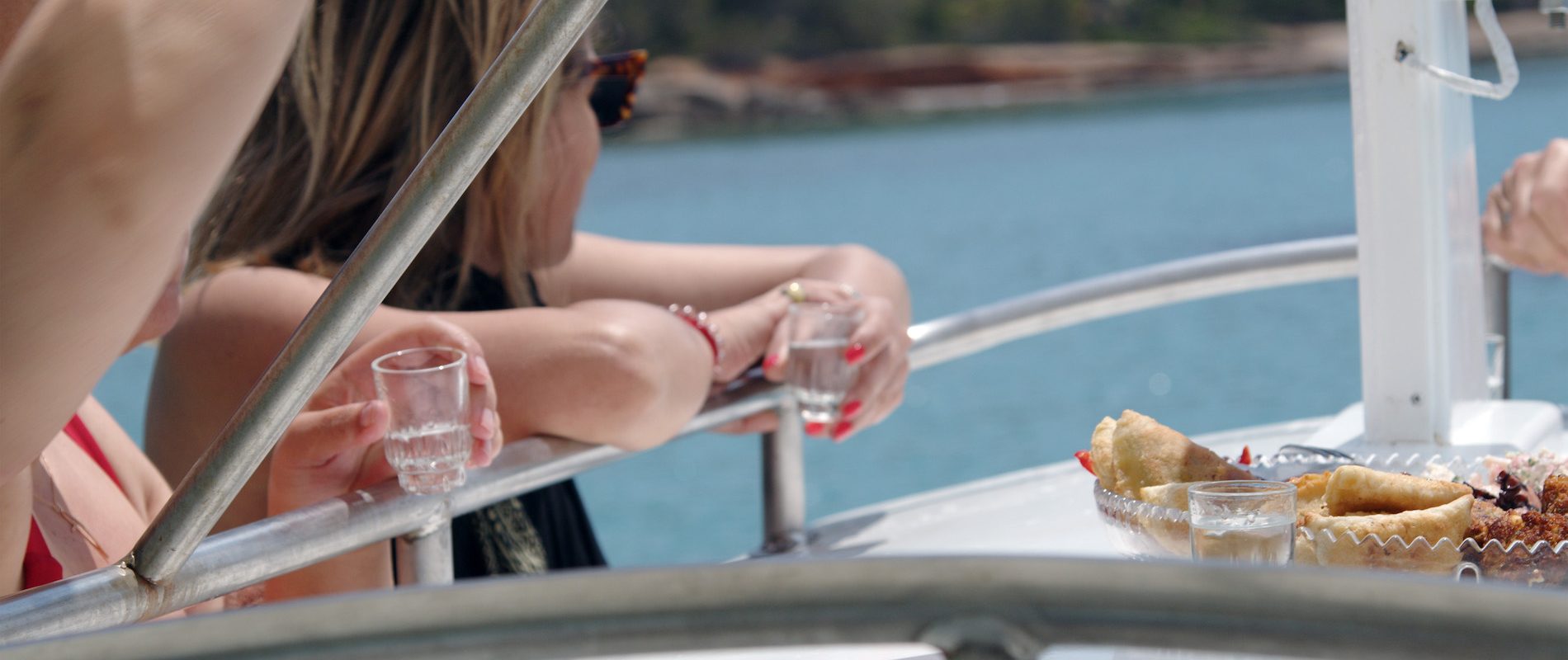
Activities within the project
- Building trust between fishermen and each ETA through information meetings and informal talks at fishing ports. LTGAs distributed information brochures on fishing tourism and helped fishers complete questionnaires to collect information on their knowledge and interest in fishing tourism.
- Exchange and analysis of information collected from 256 questionnaires, which were completed by fishermen in the cooperating areas and related to the daily life of fishermen, the challenges they face and other statistics.
- Two-day training seminar for 50 fishermen from fishermen to fishermen in Kefalonia, as a case study area. The first day covered information on licensing procedures, changes required for fishing vessels to meet legal requirements, safety information, basic accounting, marketing and use of social media. The second day included a demonstration on board with fishermen who are already active in fishing tourism.
- Experiential study visit to Italy for 50 fishermen and 40 officials of OTDAs in order to see the way followed by Sardinian fishermen, who have many years of experience in fishing tourism.
- Production of 63 short videos promoting fishing tourism on fishing boats, from all cooperating areas .
- Development of an online platform www.pescatourism.gr to promote fishing tourism with fishermen as protagonists , including an interactive map and videos highlighting the fishing tradition through different types of fishing and mussel farming activities.
- Open conference to present results with the participation of the institutional bodies of the Central Administration, project partners , fishermen and journalists with the aim of promoting fishing tourism, highlighting the challenges and proposals and determining the next day’s steps.
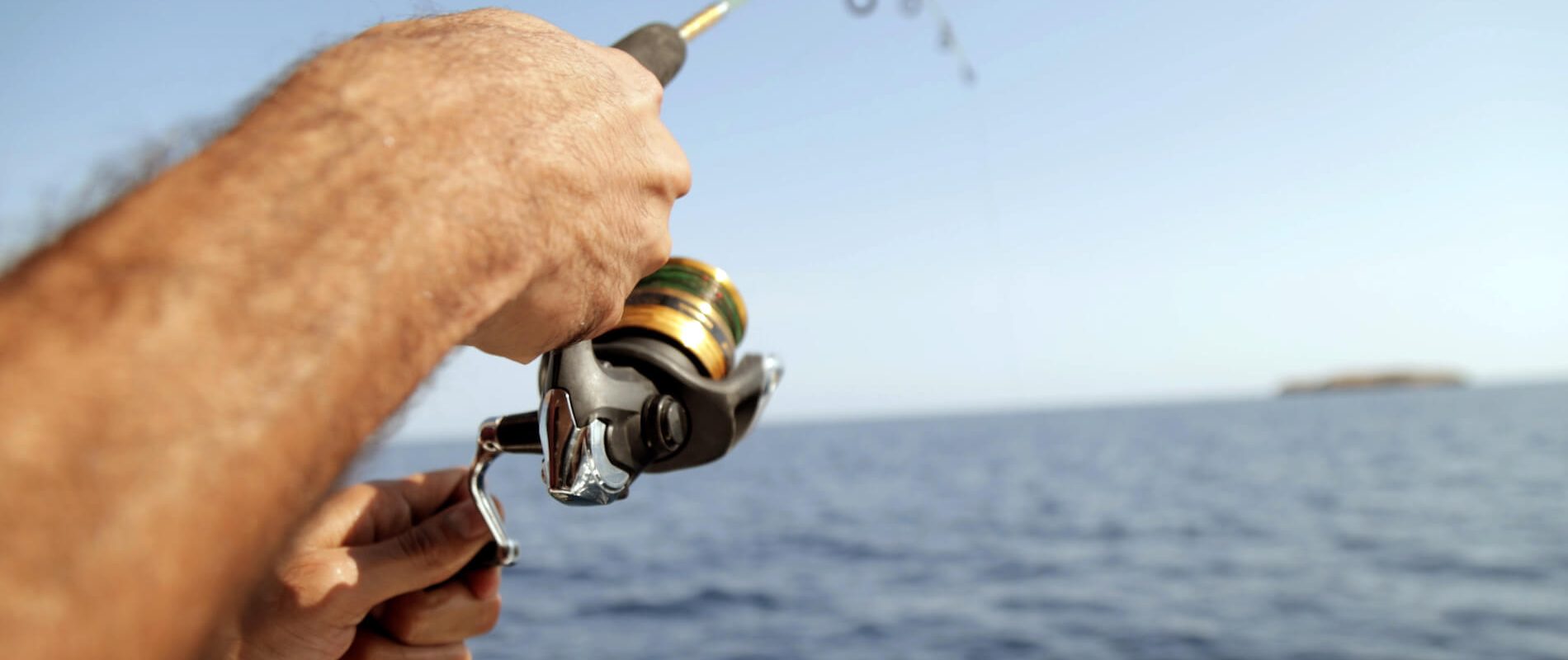
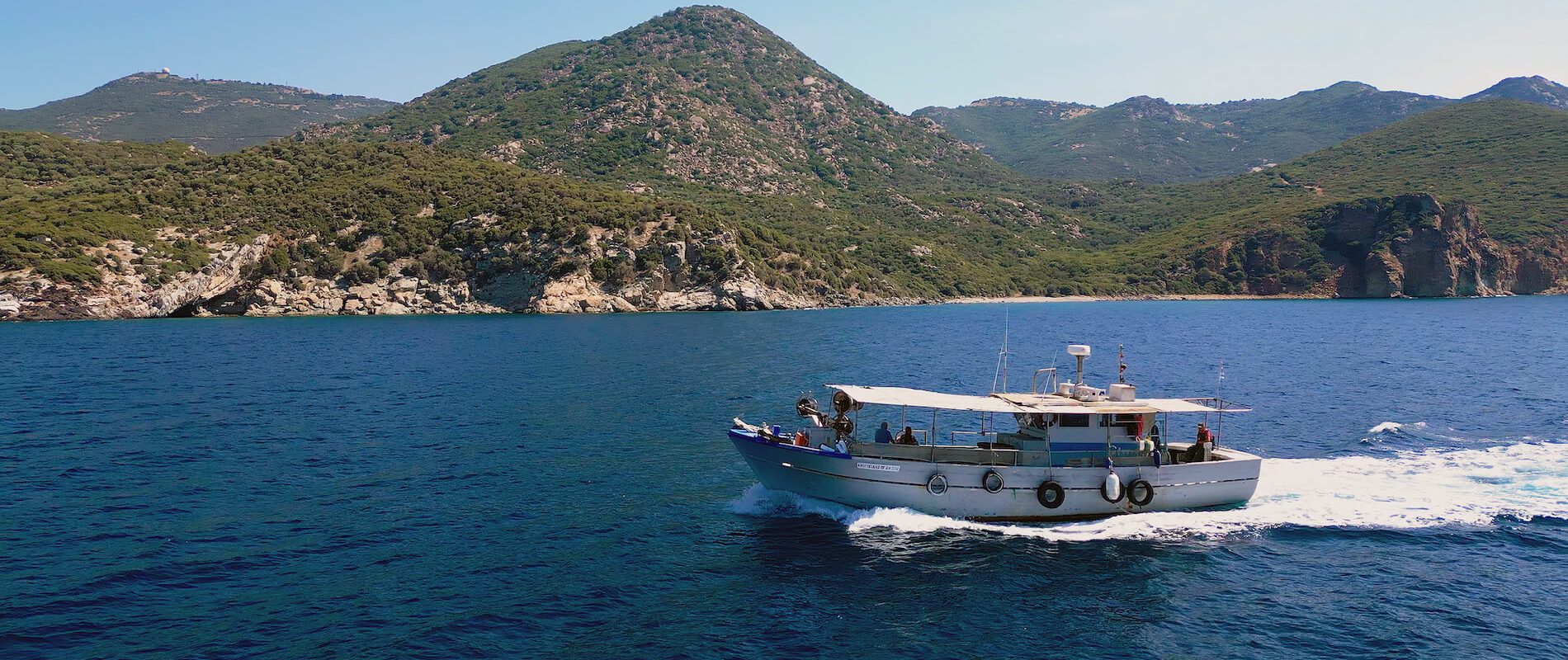
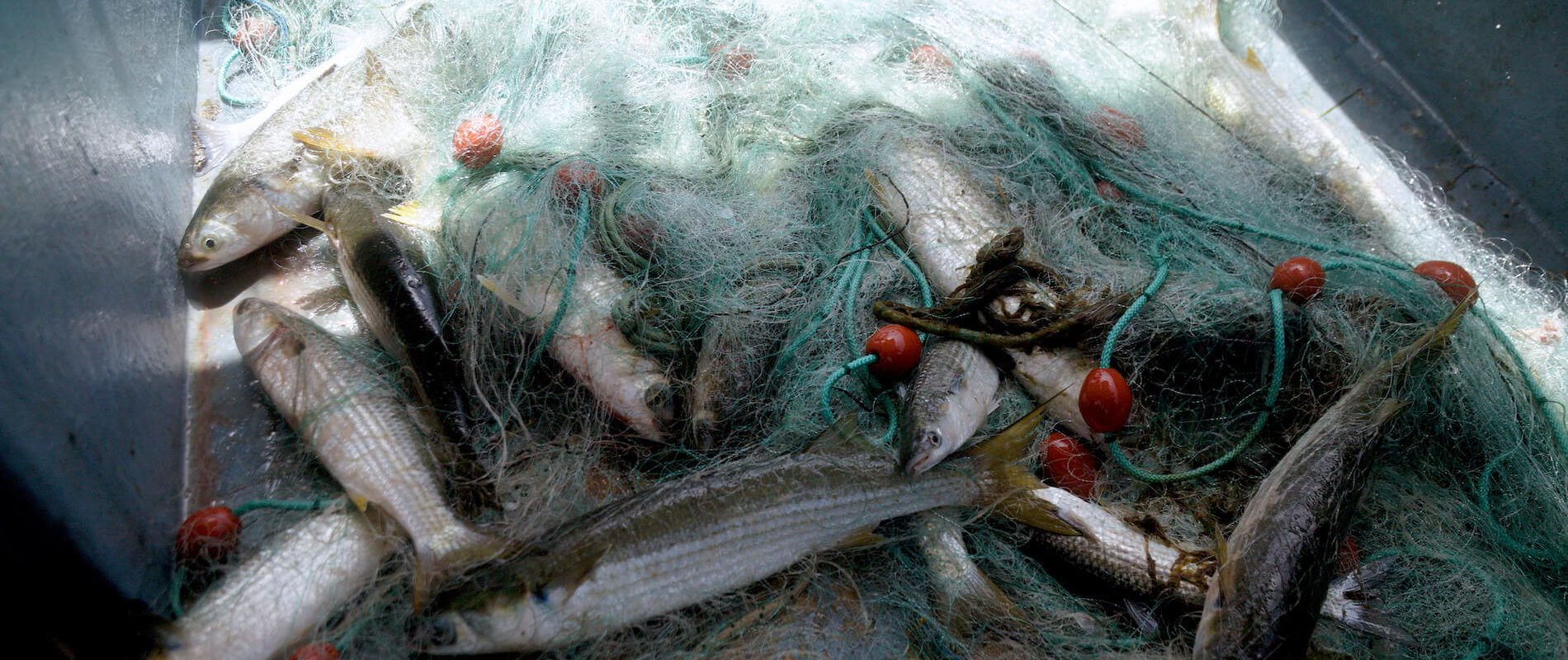
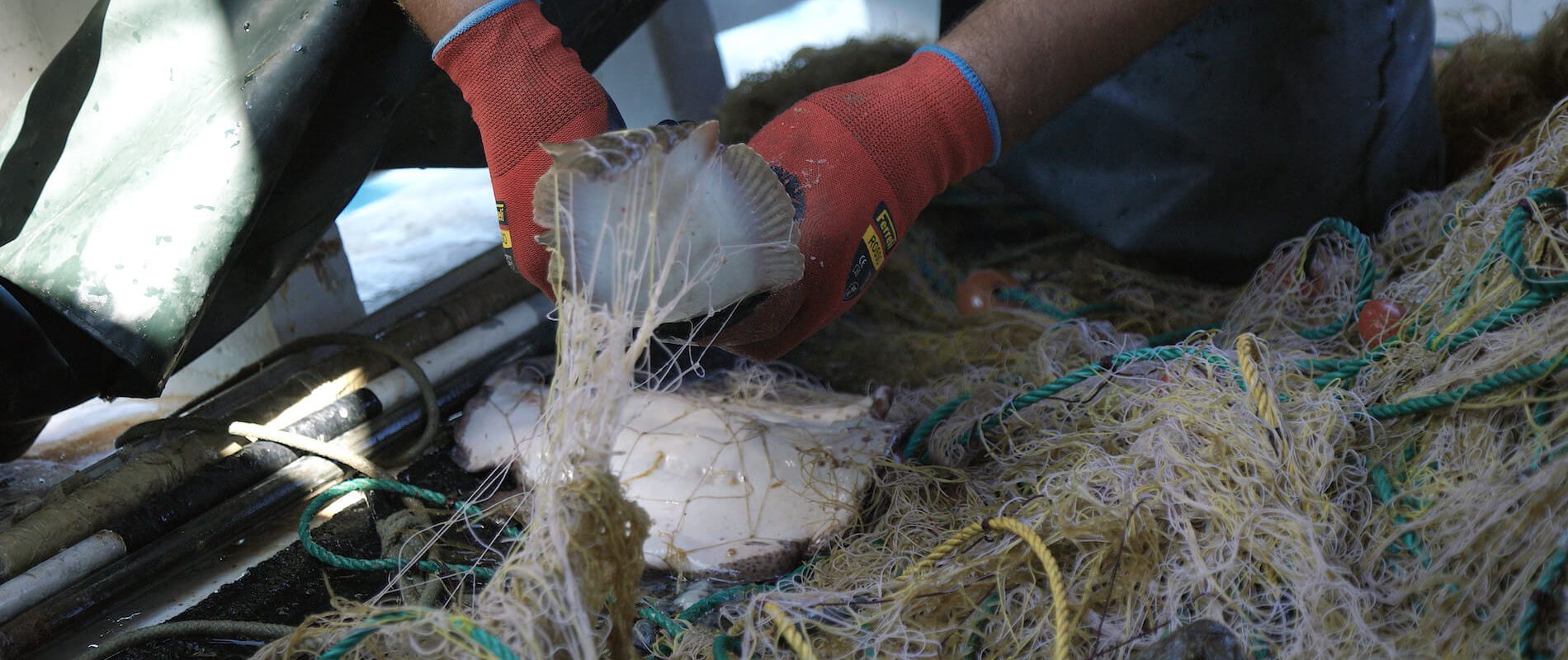
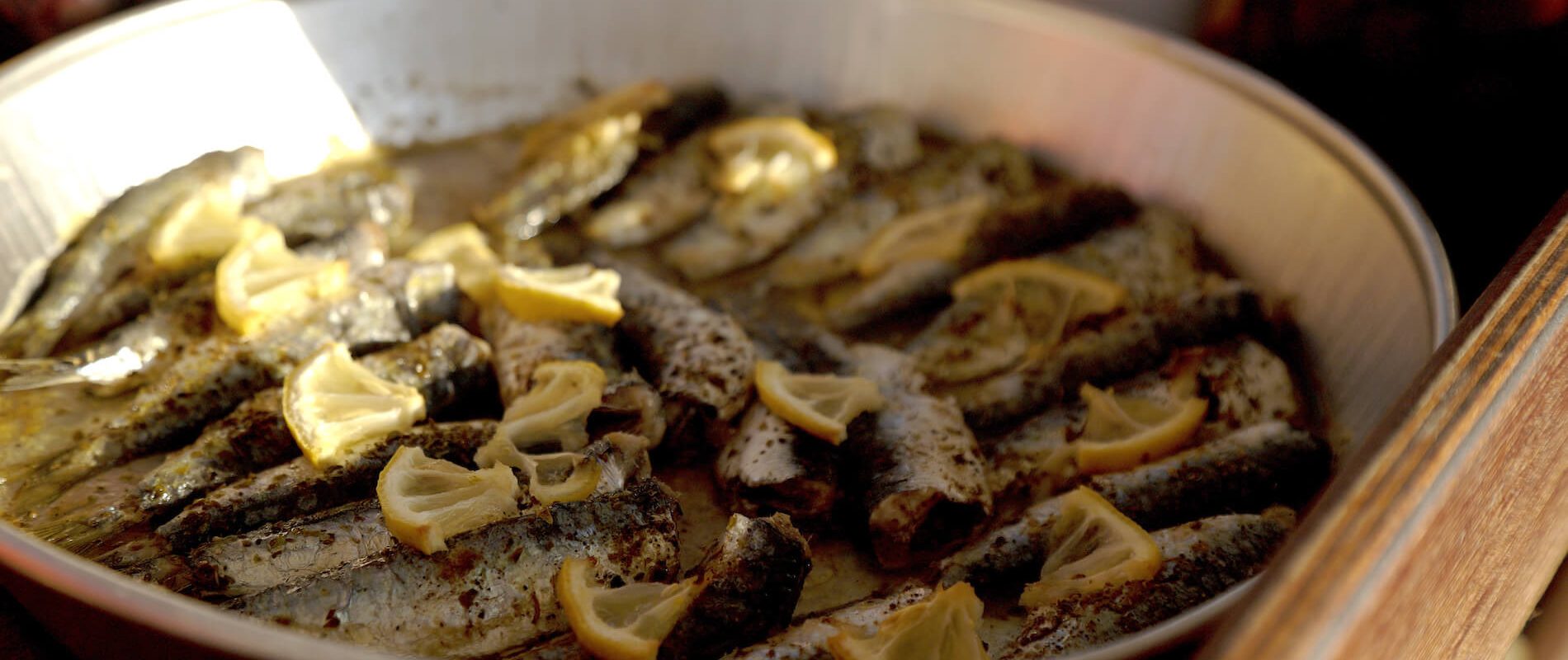
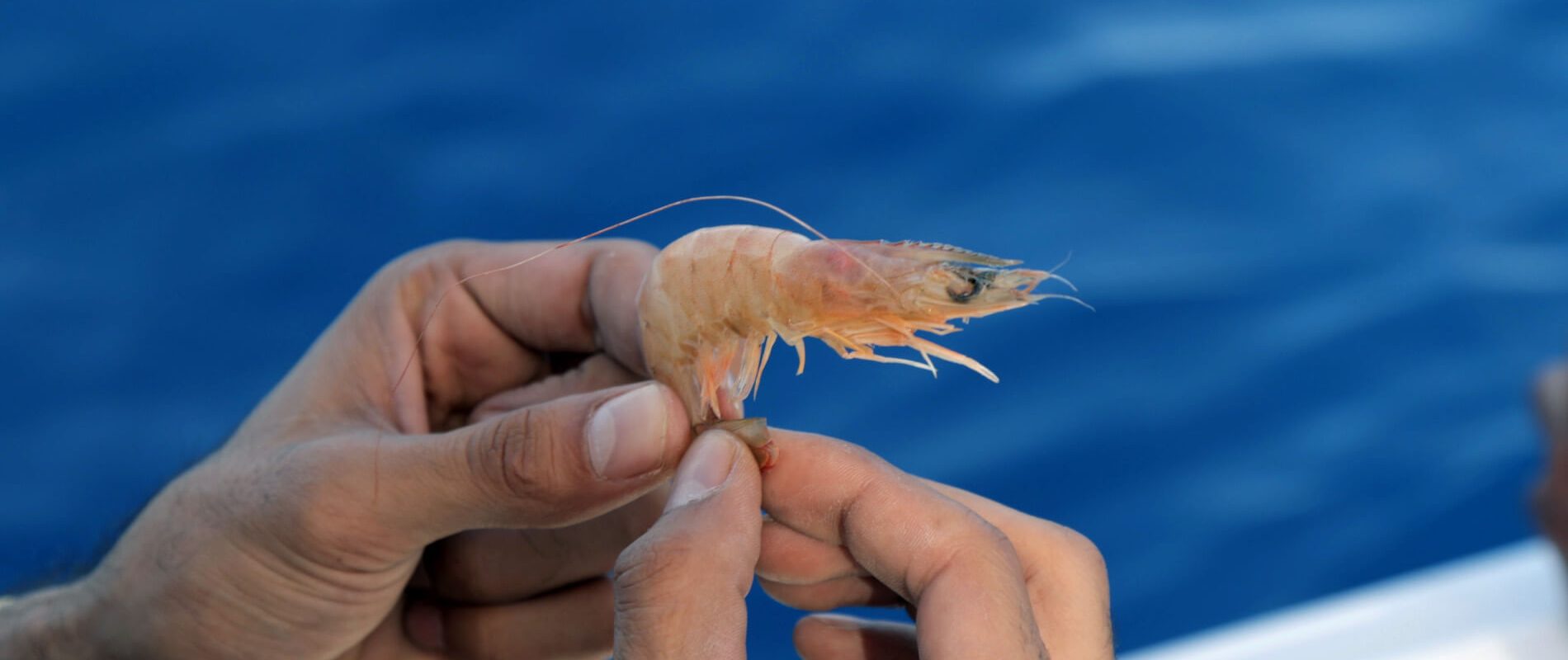
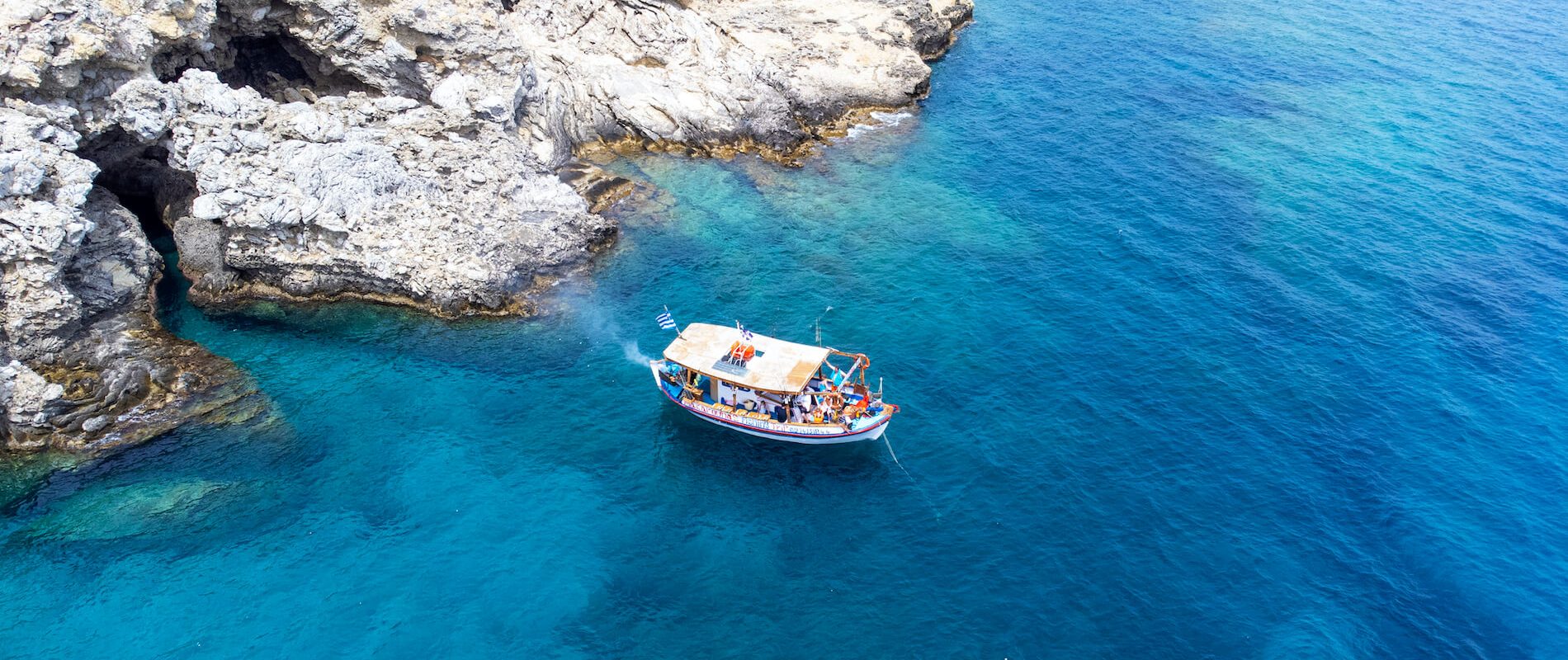
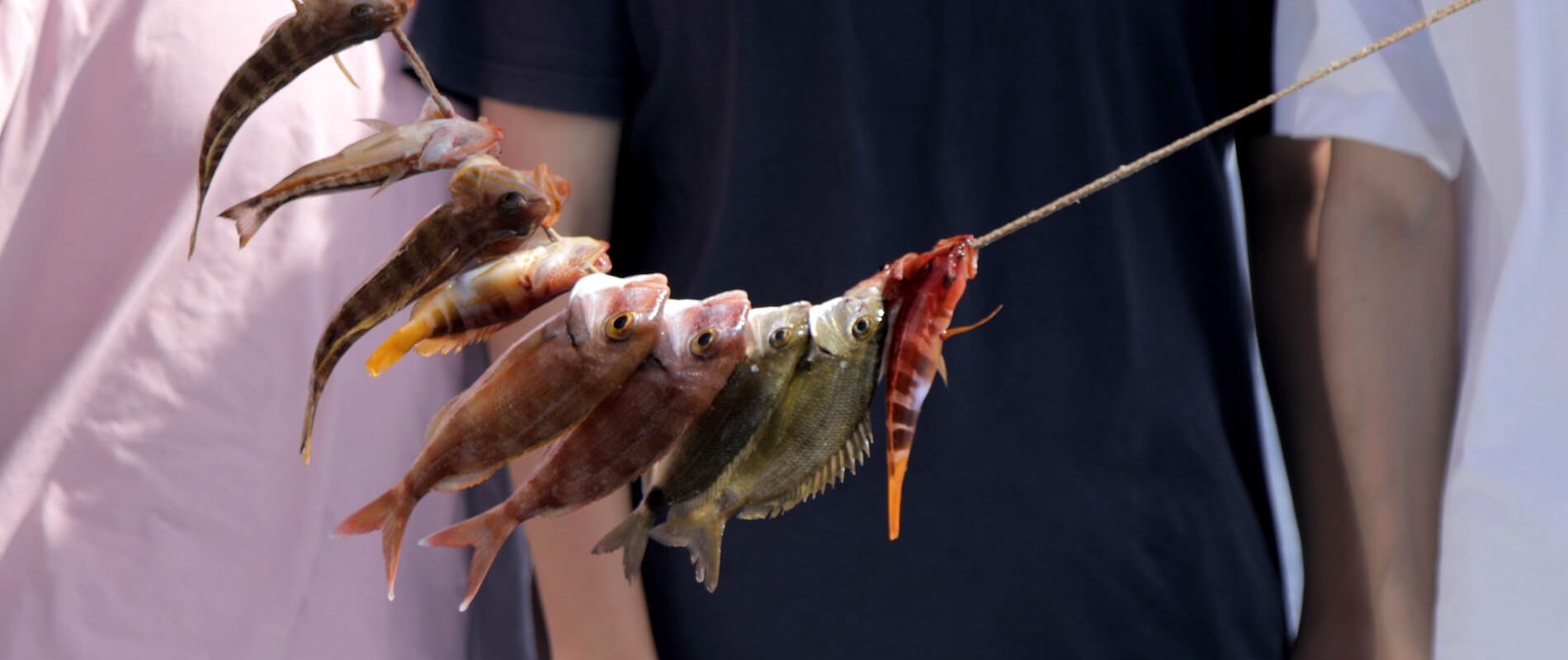
The results of the project
- More than 450 fishermen mobilized to explore fishing tourism as a new opportunity.
- More than 100 fishermen were trained in fishing tourism.
- As of September 2023, 48 fishermen have taken steps to obtain a fishing tourism license and 157 fishermen are already undertaking fishing tourism activities (up from 101 fishermen who were engaged in fishing tourism before the project).
- Fishermen participating in the activity can now they live almost exclusively from fishing tourism during the months of July and August (a fishing tourism trip brings in about 500 euros per day).
- Ensuring reduced pressure on local fish species (a gillnet fisherman sets about 0.5 km of net for fishing tourism, compared to about 5 km of net in a commercial fishing day).
- Preservation of young people in the fishing sector, traditional wooden boats in the Greek seas and the cultural heritage they represent, as young people participate more in family commercial fishing, thanks to easier working conditions and better wages.
- Networking among fishermen to manage their issues.
Total cost and financing of the project
- Total project cost: 649,000.00 euros
- Financing rate: 100%
- Funding source: Fisheries and Marine Operational Program 2014-2020
- Priority 4 “Increasing employment and territorial cohesion”
- E.P. “FISHERIES AND THE SEA 2014-2020”
Duration of implementation
- June 2021 – December 2023